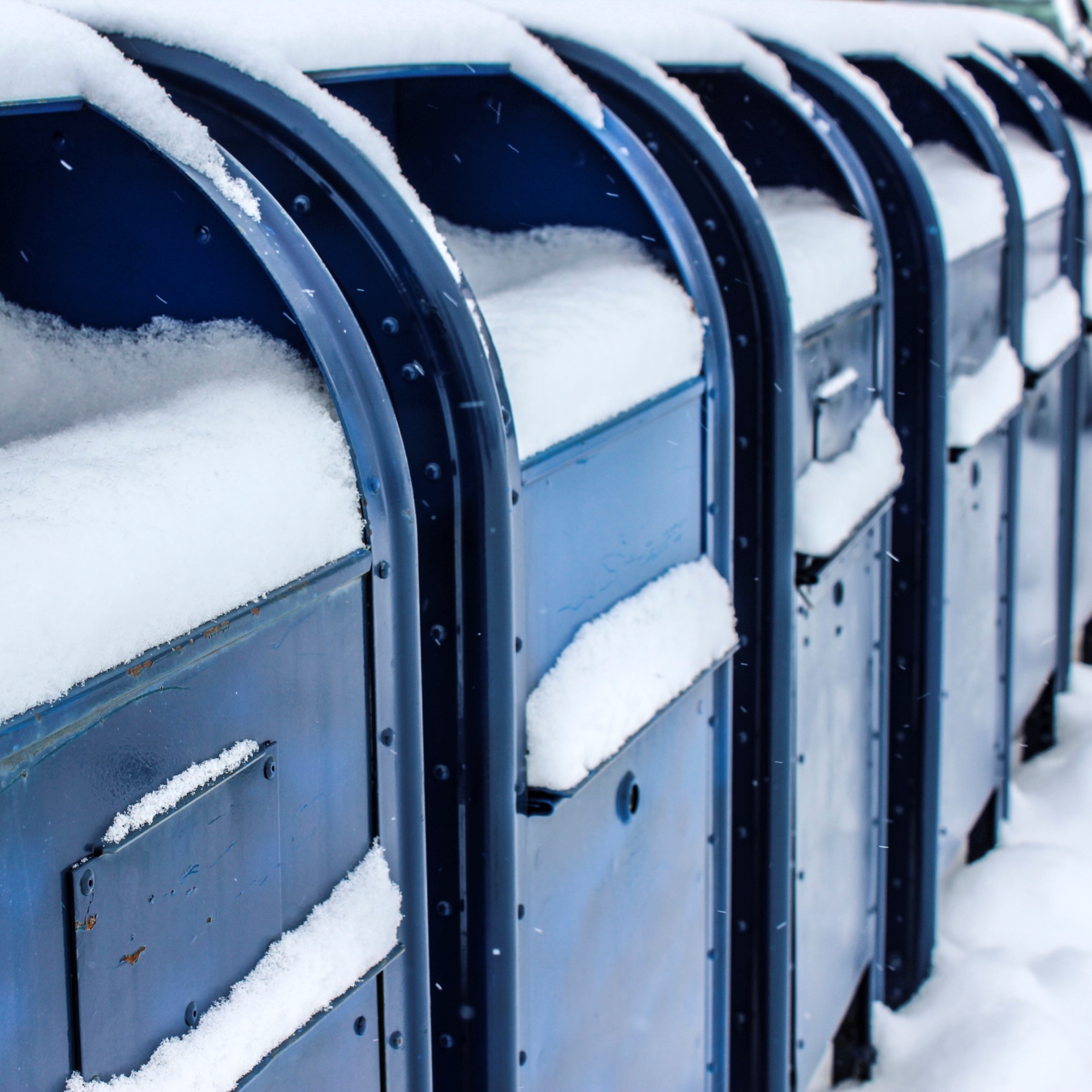Services
Privatizing the US Postal Service Would Save Government Billions

Published:
Last Updated:

Among the many ideas of how to prevent the billions of dollars of drag the U.S. Postal System (USPS) puts on the federal government, one is to privatize the organization and let it compete for its life in a new age in which physical postal delivery has begun to be obsolete.
A new paper by the Cato Institute points out that the USPS is supposed to pay its own way. Instead:
Congress confers on the USPS monopolies on the delivery of first-class mail (letters under 13 ounces) and standard mail (bulk advertising items). The agency also has a legal monopoly on access to mailboxes, which is a unique protection among postal systems in the world.
The USPS also enjoys a range of other benefits:
- It has been able to borrow $15 billion from the U.S. Treasury at subsidized interest rates.
- It is exempt from state and local sales, income, and property taxes and fees.
- It pays federal corporate income taxes, but those taxes are circulated back to the USPS.
- It is not bound by local zoning ordinances, is immune from a range of civil actions, and has the power of eminent domain.
- It has government regulatory power, which it has used to impede competitors.
The USPS model has indeed become ancient. Many of its 31,606 USPS-managed retail offices, 493,381 career employees, 131,732 non-career employees and 214,933 vehicles would be axed after a privatization.
Daily delivery (except Sunday) across the entire nation has been criticized often. The organization almost certainly would save hundreds of millions of dollars from less frequent delivery. The same holds for the shuttering of inefficient locations and the layoff of tens of thousands of workers.
Cato has made a common argument once again:
Congress should privatize the USPS, repeal its legal monopolies, and give the company the flexibility it needs to innovate and reduce costs. Those reforms would give entrepreneurs a chance to improve America’s postal services. In 1979, when the USPS— under political pressure—lifted its monopoly over “extremely urgent” mail, we saw the growth of innovative private delivery firms such as Fed Ex.
The USPS says it gets no money from taxpayer dollars. However, the underwriting of the organization does not appear from out of mid-air. A bureaucracy the size of the USPS only prevents the industry it operates in from being much more efficient.
Want retirement to come a few years earlier than you’d planned? Or are you ready to retire now, but want an extra set of eyes on your finances?
Now you can speak with up to 3 financial experts in your area for FREE. By simply clicking here you can begin to match with financial professionals who can help you build your plan to retire early. And the best part? The first conversation with them is free.
Click here to match with up to 3 financial pros who would be excited to help you make financial decisions.
Thank you for reading! Have some feedback for us?
Contact the 24/7 Wall St. editorial team.